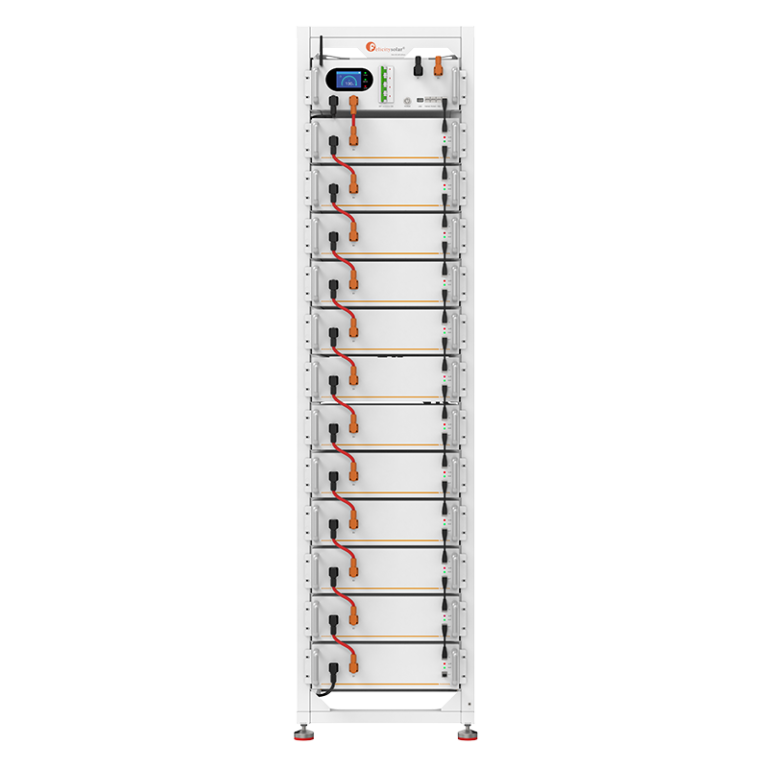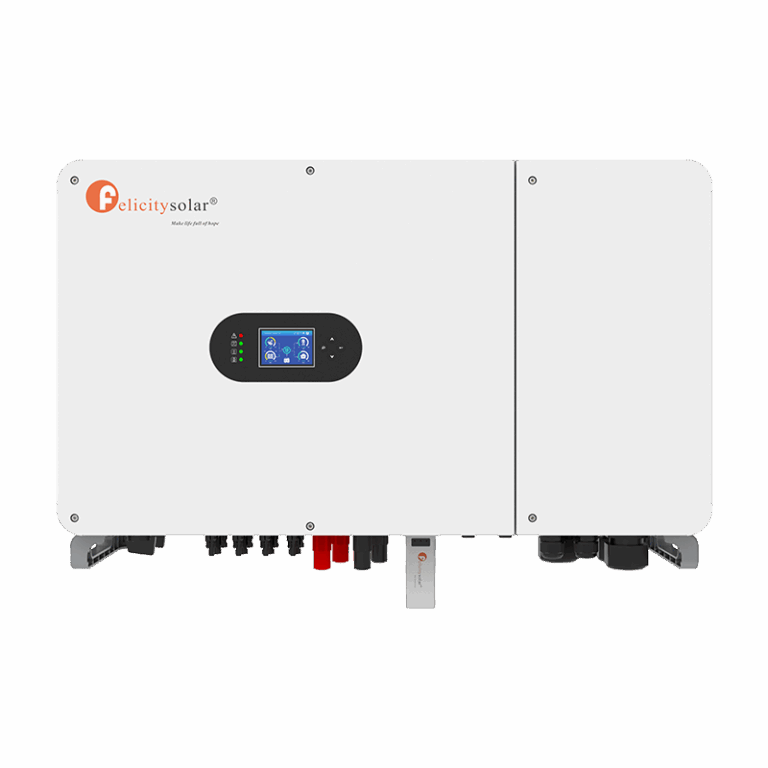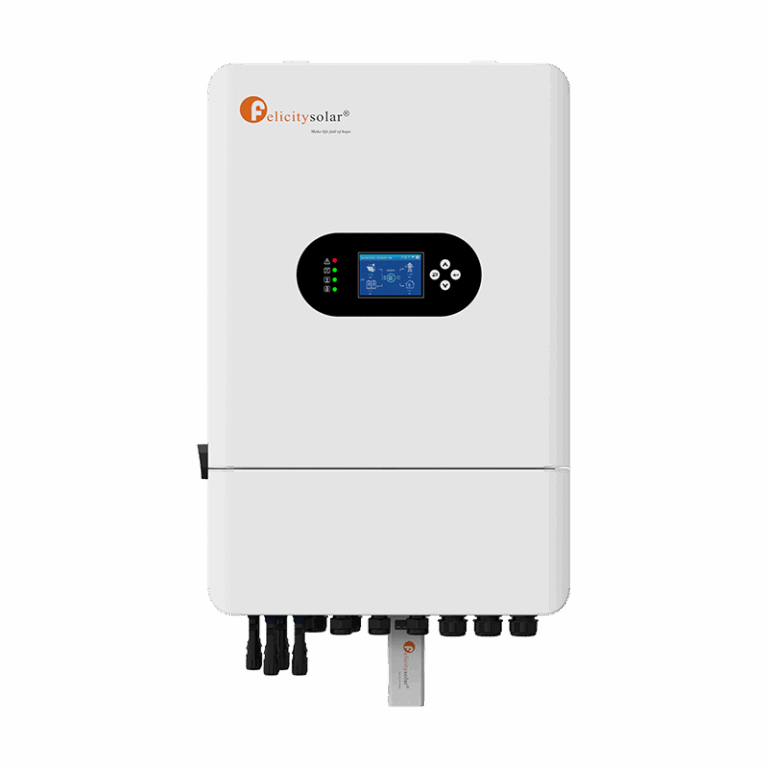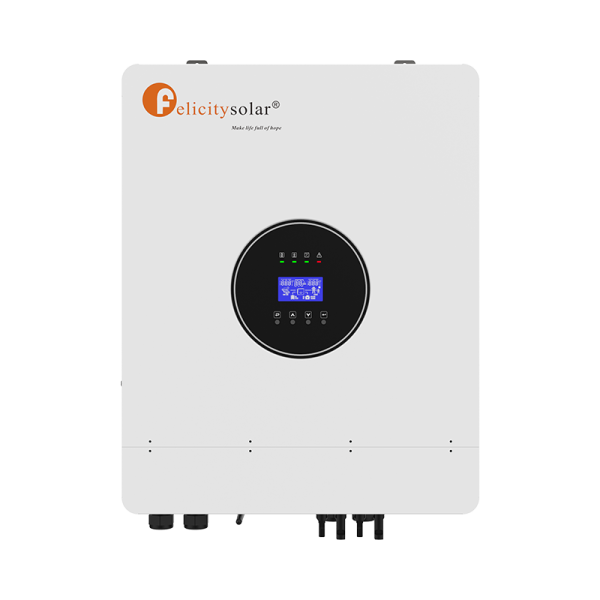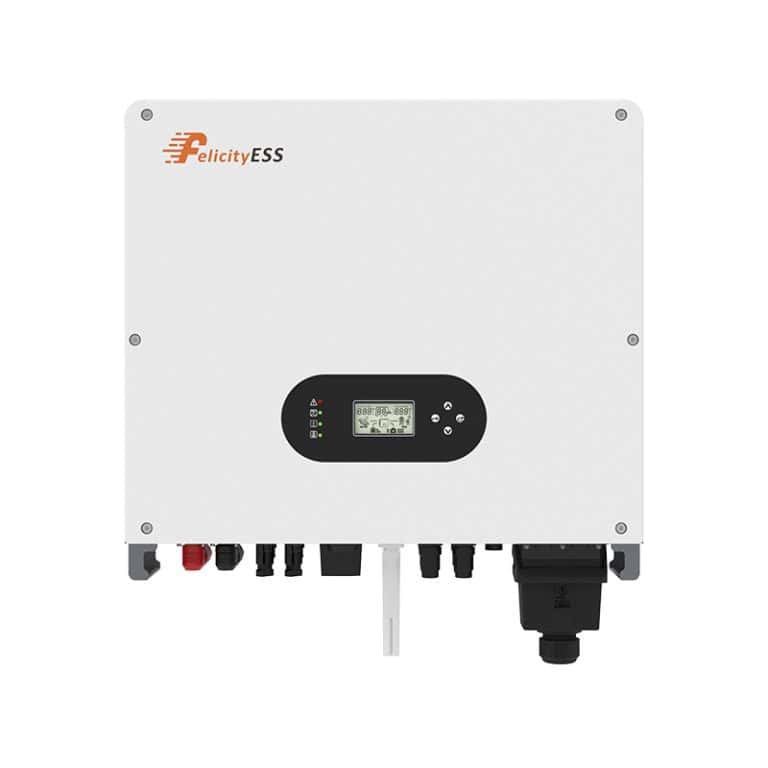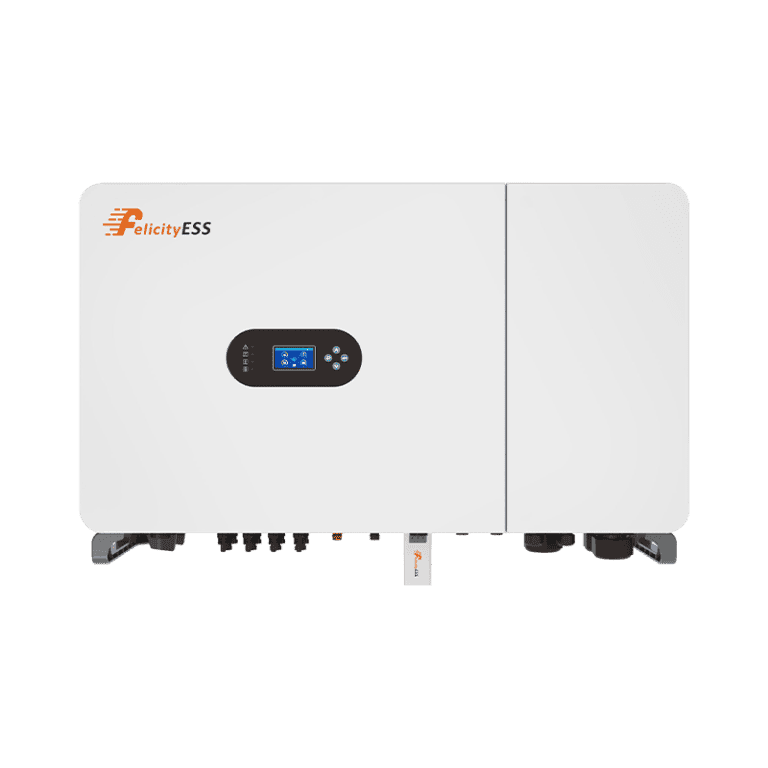Cada vez más empresas se pasan a la energía solar para reducir los costes de electricidad y su huella de carbono. Sin embargo, la instalación de paneles solares es sólo una parte de la ecuación. Para sacar el máximo partido a su sistema, necesita una batería solar comercial fiable que pueda almacenar el exceso de energía para utilizarla durante las horas punta, por la noche o en cortes de electricidad inesperados.
Pero con tantas opciones disponibles, ¿cómo elegir la adecuada? Hay que tener en cuenta factores como la capacidad, la eficiencia, la vida útil y la compatibilidad general de la batería con sus necesidades energéticas. Esta guía le explicará qué debe tener en cuenta a la hora de elegir una batería. batería solar comercial para asegurarse de hacer una inversión inteligente.
1- Capacidad de la batería y potencia de salida
Dos indicadores clave del rendimiento de cualquier batería solar son su capacidad y su potencia nominal.
- Capacidad (medido en kilovatios-hora o kWh) determina cuánta energía puede almacenar la batería.
- Potencia nominal (medido en kilovatios o kW) le indica la potencia máxima que puede suministrar la batería en un momento dado.
Si su empresa tiene una gran demanda de energía, necesitará una batería de gran capacidad y potencia. Sin embargo, si sus necesidades energéticas son menores, un sistema más pequeño puede ahorrarle costes.
Cuando evalúes tu consumo diario de energía, podrás determinar el equilibrio adecuado entre almacenamiento y potencia.
2- Tipo de batería y duración
El tipo de batería que elija influye directamente en su rendimiento, necesidades de mantenimiento y vida útil. Estos son los tres tipos más comunes de baterías solares comerciales:
- Baterías de iones de litio - Baterías de iones de litio son muy eficientes, duraderas y capaces de soportar múltiples ciclos de carga con poco mantenimiento.
- Baterías de plomo-ácido - Son una opción más asequible, pero con una vida útil más corta y mayores requisitos de mantenimiento.
- Baterías de flujo - Las baterías de flujo son una nueva tecnología. Ofrecen una capacidad de almacenamiento y una longevidad excelentes, pero con un coste inicial más elevado.
Cada tipo tiene sus propias ventajas y desventajas, por lo que es importante sopesar estos factores con sus objetivos energéticos a largo plazo.
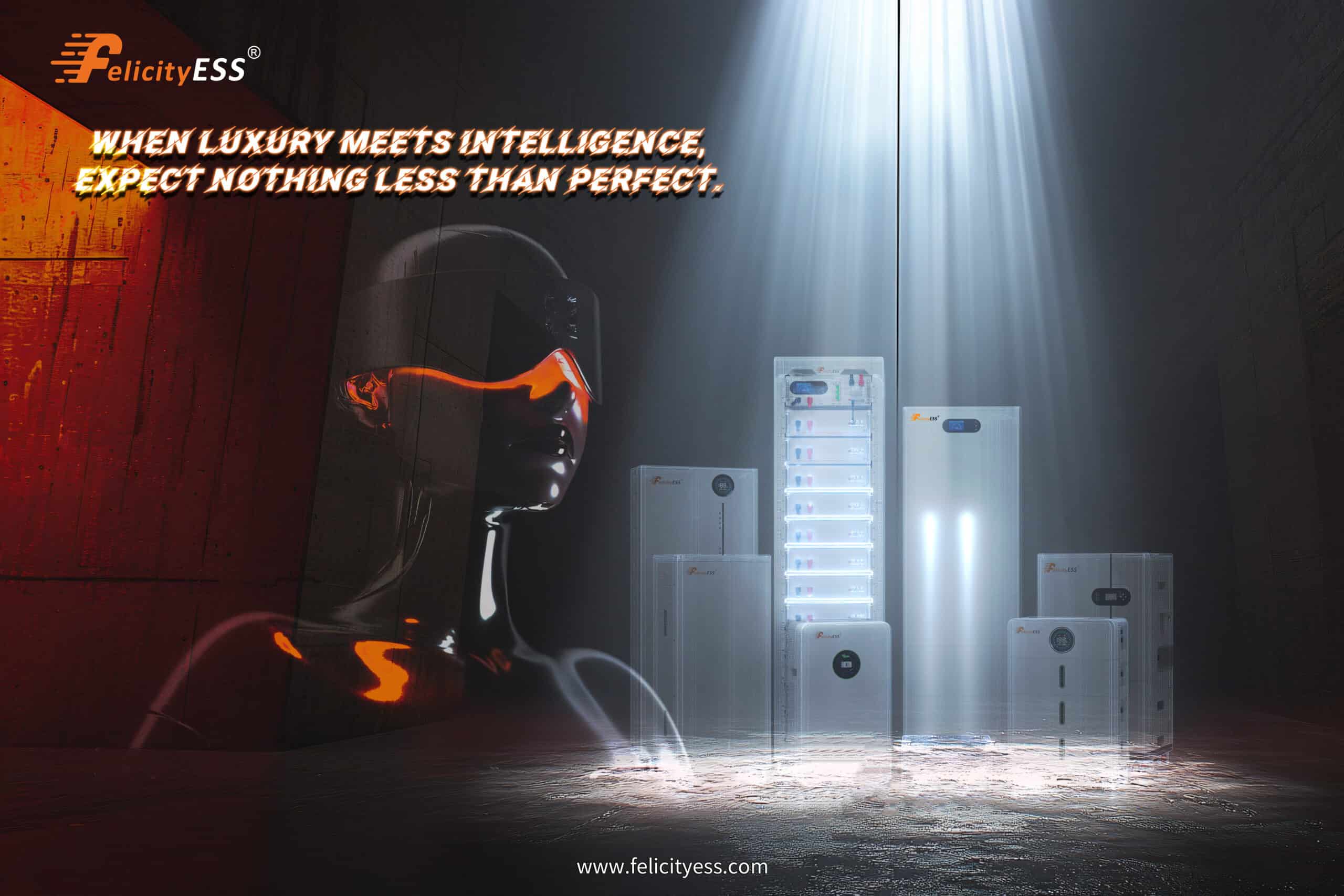
3- Profundidad de descarga (DoD)
La profundidad de descarga (DoD) indica cuánta energía almacenada en una batería puede utilizarse antes de tener que recargarla. Una mayor DoD significa que puedes utilizar más energía almacenada antes de recargar, lo que mejora el ahorro global.
Si desea obtener el máximo rendimiento de la energía solar para su negocio, debe utilizar baterías con un alto DoD para obtener el mejor retorno de la inversión.
4- Coste frente a ahorro a largo plazo
El coste inicial de una batería solar comercial puede ser un factor importante en el proceso de toma de decisiones. Sin embargo, es igual de importante tener en cuenta el ahorro a largo plazo y el retorno de la inversión (ROI). Aunque las baterías solares de alta calidad pueden requerir una mayor inversión inicial, pueden ayudar a empresas como la suya a ahorrar mucho en costes de electricidad con el tiempo.
Además, los incentivos gubernamentales, los créditos fiscales y los reembolsos pueden ayudar a reducir los costes de instalación. Investiga los incentivos financieros disponibles en tu zona para encontrar más opciones de ahorro.
¿Por qué elegir Felicity New Energy Co. Ltd?
En Felicity New Energy Co. Ltd, nos especializamos en ofrecer a las empresas soluciones de baterías solares comerciales de alta calidad, eficientes y duraderas. Nuestros productos están diseñados para ayudar a las empresas a obtener lo mejor de su uso de la energía solar al tiempo que reduce los gastos de electricidad
He aquí por qué destacamos:
- Ofrecemos una avanzada tecnología de baterías para una eficiencia y durabilidad óptimas.
- Soluciones personalizadas exclusivas para las necesidades energéticas únicas de su empresa.
- Garantía detallada y asistencia de mantenimiento para su tranquilidad.
Póngase en contacto con nosotros hoy mismo para obtener más información sobre nuestros productos y cómo podemos ayudar a su empresa a ser más eficiente energéticamente y sostenible.



